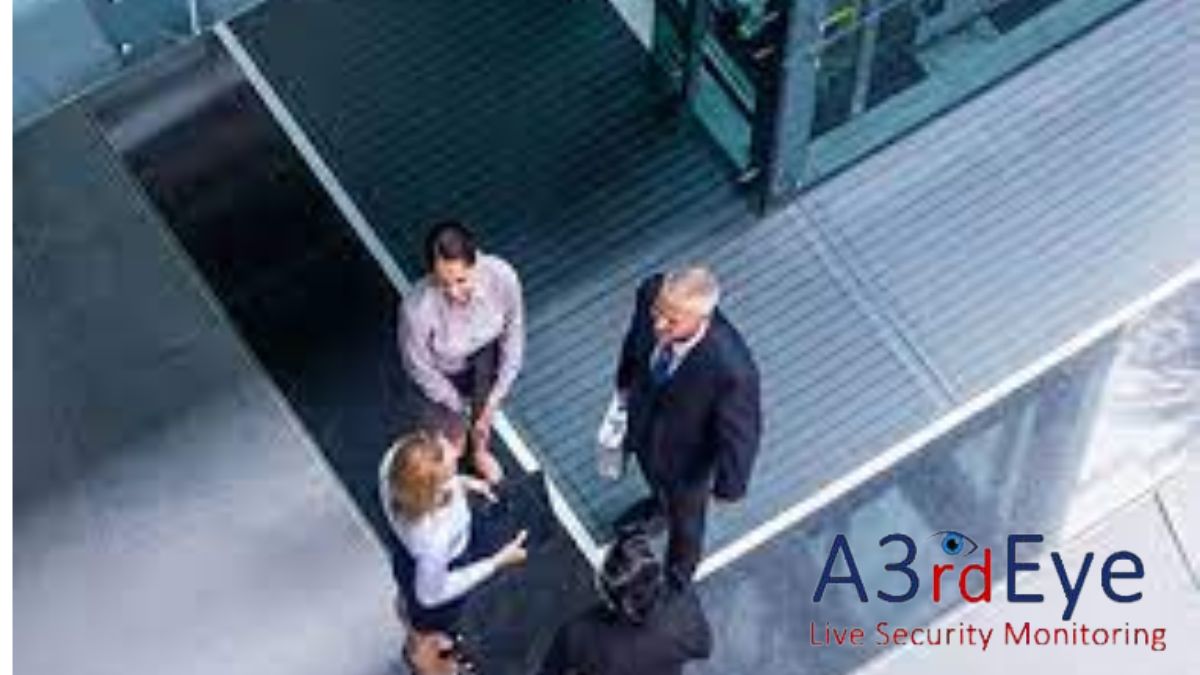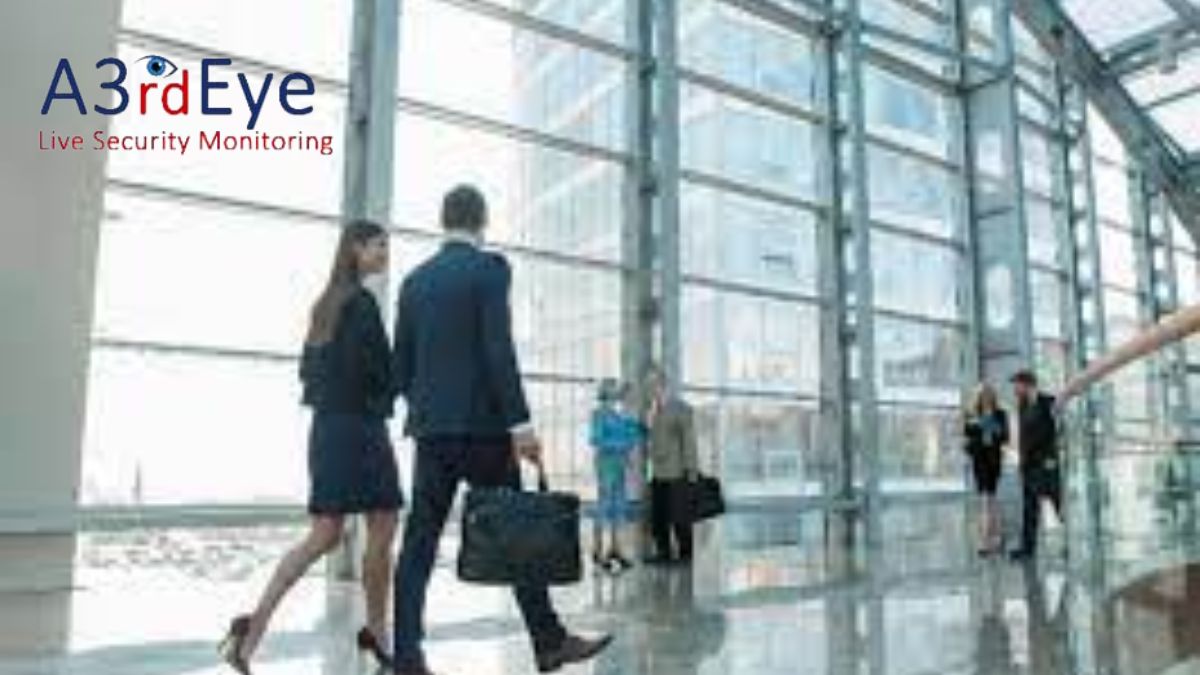
Office Building Real-Time Surveillance
Office Building Real-Time Surveillance Keeping office buildings secure has become an increasingly important issue for companies in today’s dynamic world. Practical solutions to these problems have recently been available through real-time surveillance systems. The importance of real-time surveillance in modern office buildings and its deployment and benefits are discussed.
The Value of Constant Monitoring for Commercial Properties
Protecting People’s Lives and Property
An essential asset of an office building is its people, but it also houses valuable assets and confidential information. The safety of employees, visitors, and assets can be ensured by installing a comprehensive real-time surveillance system that allows for proactive monitoring of potential security risks and rapid response to emergencies.
Protecting Against Hacking
The security of sensitive information is at risk whenever an intruder is in a restricted location. Real-time monitoring and detection of any unauthorized entry attempts by security staff enable prompt action to be taken to avert security breaches.
Keeping an Eye on Workers
Surveillance systems help with security and keeping tabs on what employees are up to. Improved productivity and efficiency can result from the information it can provide about staff habits, workflow, and compliance with company standards.
Elements of a Reliable Real-Time Monitoring System
Superior Imaging Technology
High-quality cameras and sensors are the backbone of any real-time monitoring system. The accuracy of observations and investigations can be improved by investing in cutting-edge camera systems that capture clear and detailed video footage.
Connectivity and Infrastructure of Networks
The smooth data transfer from cameras to monitoring centers depends on a stable and robust network architecture. To monitor and react in real-time, high-speed communication ensures minimal latency.
Managing and Storing Information
Surveillance systems generate massive amounts of data, requiring adequate storage and handling methods. The scalability and availability of cloud-based storage alternatives provide more extended data retention periods and simple retrieval.
Combining Analytical Power with Artificial Intelligence
Inaccurate time surveillance, AI and analytics have enabled systems to move beyond passive monitoring.
Face-Recognition Software
The ability to identify people in real-time via facial recognition technology facilitates the efficient monitoring of personnel, visitors, and any dangers. It improves security and simplifies access management.
Alerts and Detection of Abnormalities
Surveillance systems driven by AI can quickly respond to threats like loitering and unauthorized entry by sending real-time notifications to security staff.
Hotspot Analysis and People Counting
Surveillance systems can help businesses better utilize office space by evaluating foot traffic patterns and revealing insights into how employees use different building areas.
Security and Privacy: Striking a Balance
Safeguards for User Information
While increasing security, real-time monitoring also necessitates implementing data protection procedures to protect people’s privacy. Private information can be kept that way using encryption and other forms of access restriction.
Observance of All Applicable Laws
Commercial facilities must comply with applicable privacy and data protection legislation when installing real-time surveillance systems. By following the rules, surveillance can be kept within the bounds of the law and ethics.
The Practical Advantages of an Office Building Continuous Monitoring
Prevention of Crime
The likelihood of theft, vandalism, and other criminal acts diminishes when security cameras are visible.
Boosting Efficiency in the Workplace
Employees are more likely to stay on task when they know they are being monitored, resulting in less time wasted and greater output.
Streamlining Business Procedures
Information gleaned from surveillance systems can help enhance workflow and allocate resources more efficiently in the workplace.
Overcoming Obstacles and Taking Into Accounts
Flaws in the System
Real-time surveillance systems may be susceptible to hacking like any other technological system. It is critical to protect against cyber threats by implementing stringent cybersecurity procedures.
Upkeep and Repairs
They need to be regularly maintained and updated to avoid any problems or downtime with surveillance systems.
Integration of Internet of Things Devices in Future Office Building Surveillance
Automation and sound judgment are bolstered when Internet of Things (IoT) gadgets are combined with real-time surveillance systems.
Improved Safety with Predictive Analytics
Predictive analytics powered by AI can look into the past and foresee prospective security breaches, allowing for preventative steps to be taken.
Conclusion
Office Building Real-Time Surveillance is essential in modern office buildings to protect property, guarantee employees’ safety, and boost overall productivity. Businesses may create a surveillance environment that protects their assets and gives valuable insights for making informed decisions by utilizing cutting-edge technologies like artificial intelligence and analytics.
Is it costly to set up a system that monitors in real-time?
While there may be some up-front expenses, the payoff will be well worth it in the long run.
Can preventing theft from within the company be aided by real-time monitoring?
Real-time monitoring can prevent theft and other inappropriate conduct by staff members.
The question is how companies may use facial recognition without compromising customer privacy?
Facial recognition data can be kept private and safe with the help of encryption and other access limits.
Can existing security systems work with real-time surveillance?
In many cases, the functionality of preexisting security infrastructure can be improved by integrating real-time surveillance systems.
The future of monitoring in commercial buildings?
To answer your question, AI-driven analytics, IoT integration, and predictive security measures are the future of office building monitoring.

Office Building Real-Time Surveillance

